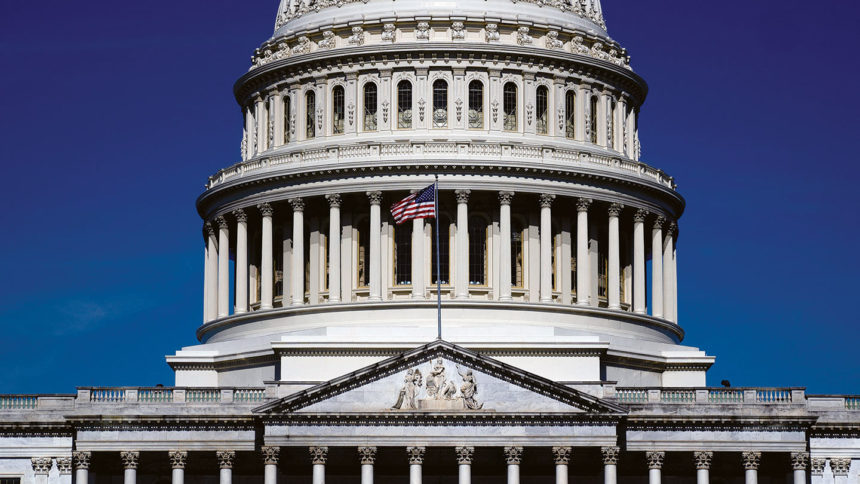
Congress has agreed on a spending package for fiscal year 2023 that supports key healthcare policy requests important to long-term care industry stakeholders, and saves some clinicians and services from feared cuts.
The $1.7 trillion omnibus spending bill, released Monday, includes a concession on Medicare pay cuts to doctors, extends pandemic-era telehealth flexibilities, averts a hospice cap cut and Pay-As-You-Go sequestration reductions, and considers support for the senior care workforce. The legislation also increases funding for Alzheimer’s research.
The bill must be finalized, approved by both houses of Congress and signed by President Biden, but legislators are hoping to pass the legislation by Friday, sources told medical news outlet STAT.
Under the bill’s current terms, physicians will not receive a 4.5% Medicare pay cut in 2023 as previously proposed. Instead, the cut will be limited to 2% next year and rise to 3.5% in 2024, STAT reported.
Telehealth extension, workforce support
Meanwhile, there will be a two-year extension of pandemic-era telehealth flexibilities that will open this benefit to more recipients. Employers would be able to offer telehealth services pre-deductible to people who have high deductible health plans and a health savings account, according to senior living industry advocate Argentum.
Provisions also include $5 billion in disaster relief funding related to Hurricane Ian, language that supports older adults’ ability to use retirement savings to pay for long-term services and supports, and improvements to the healthcare workforce, reported McKnight’s Senior Living.
Federal agencies would be urged to support the expansion of the skilled nursing workforce and provide home- and community-based services to older adults and people with disabilities using education and training grant programs, and apprenticeship programs.
“This significant investment in workforce with a focus on senior care within the Department of Health and Human Services and Department of Labor will have a profound impact on our industry within the next year and decades to come,” said Maggie Elehwany, senior VP-public affairs for senior care advocate Argentum.
Two other senior living policy items did not make it into the bill: immigration reform and the expansion of access to assisted living for veterans.
Home care pluses and minuses
Home care providers called the legislation a “mixed bag.” While home health was pleased with the prevention of so-called PAYGO cuts for 2023 and 2024, it did not win a delay of Medicare cuts related to the Patient-Driven Groupings Model that are scheduled to take effect Jan. 1.
And the hospice industry received some concessions, according to the National Hospice and Palliative Care Organization, a hospice advocacy organization. The legislation does not reduce the aggregate cap for hospice payments by 20% as previously proposed. Yet it contains provisions that will slow the cap’s growth, which the NHPCO said will serve to further restrict access to hospice care for patients with Alzheimer’s disease and other dementias.
The legislation also would designate $1 million to assess the development of quality standards for bereavement and grief care, and would expand the use of marriage and family therapists and mental health counselors as part of hospice interdisciplinary teams.
Access to drugs
Beyond long-term care, the legislation will aim to help Americans transition to commercial coverage of drugs that have received emergency approval during the pandemic. These include COVID-19 vaccines and treatments and other drugs provided for free from government stockpiles, which are gradually depleting.
Visit McKnight’s Senior Living for additional context on the legislation’s impact.
Related articles:
Provider groups look to shape regulations after funding victories
Nurses back Senate legislation that would lift restrictions on APRNs’ scope of practice
LTC must provide full access to patient health data under Cures Act Final Rule




